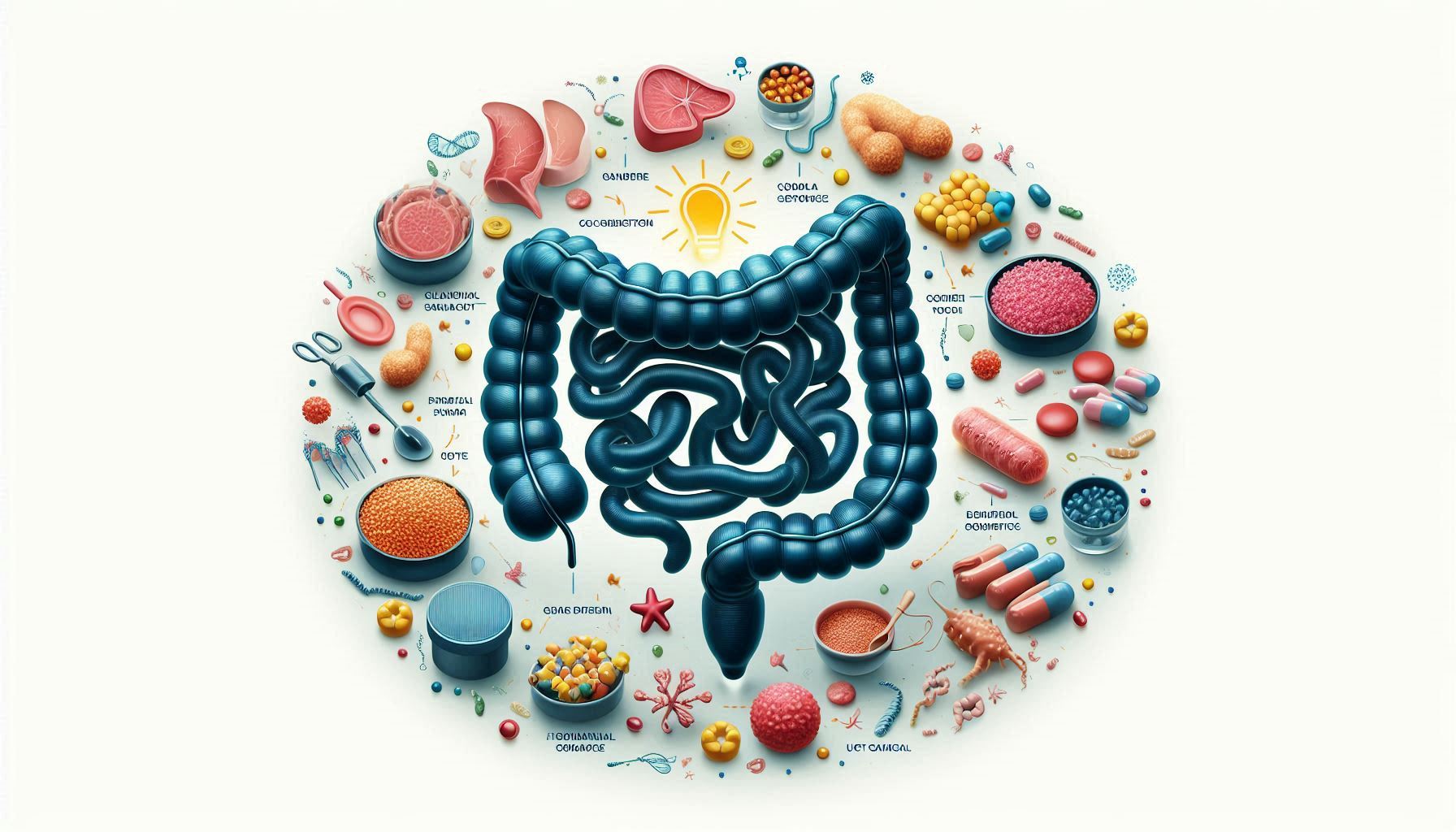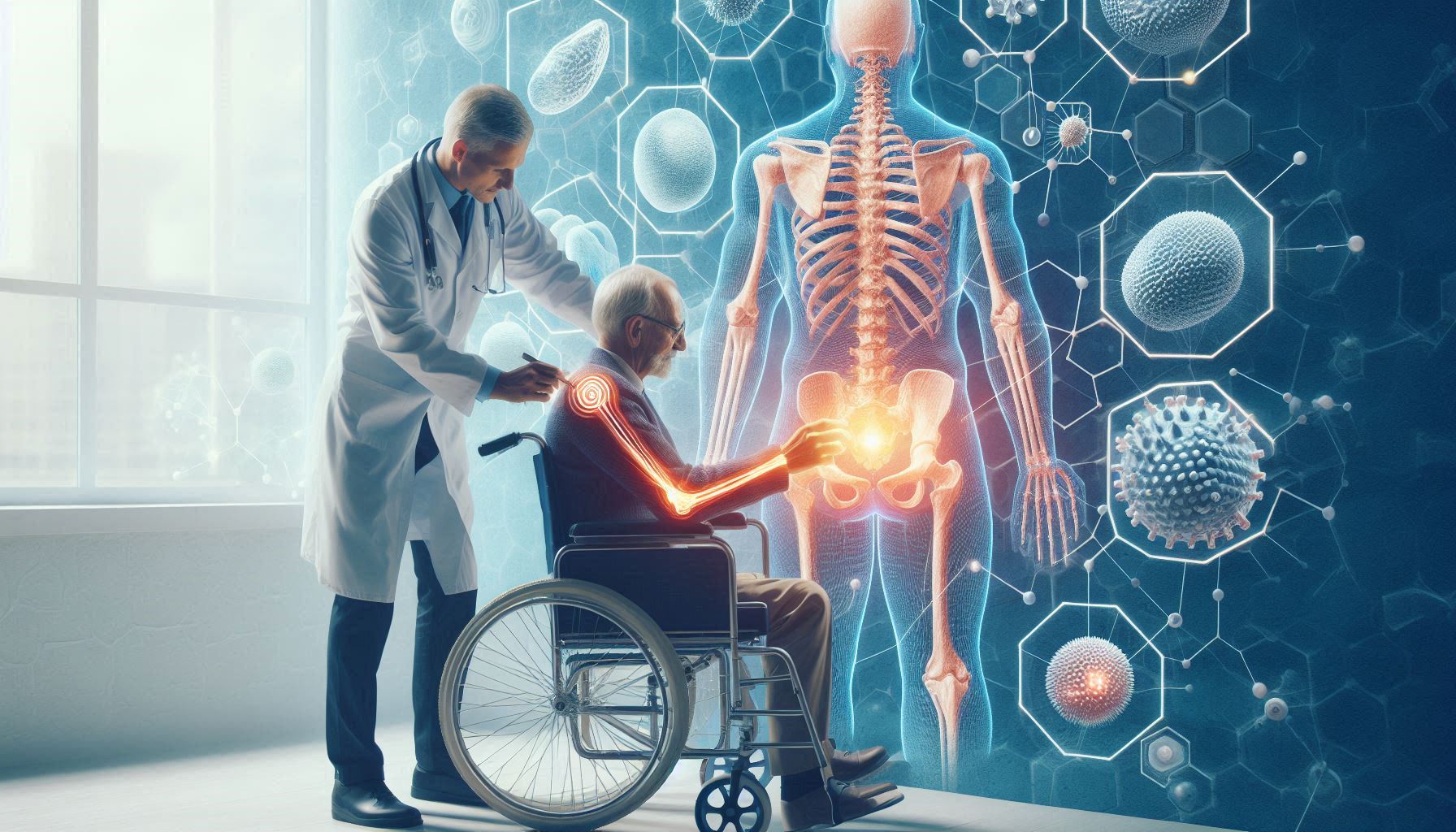Introduction
As the world continues to navigate the COVID-19 pandemic, a new challenge has emerged: Long COVID. This condition affects a significant number of individuals who have recovered from the initial infection but continue to experience lingering symptoms. In this article, we’ll explore what Long COVID is, its symptoms, potential treatments, and the latest research findings.
What is Long COVID?
Long COVID, also known as post-acute sequelae of SARS-CoV-2 infection (PASC), refers to a range of symptoms that persist for weeks or months after the acute phase of COVID-19 has resolved. According to the Centers for Disease Control and Prevention (CDC), Long COVID can affect anyone who has had COVID-19, regardless of the severity of their initial illness.
Individuals with Long COVID report a variety of symptoms, which can vary widely in duration and intensity. Some of the most commonly reported symptoms include:
– Fatigue: Persistent tiredness that interferes with daily activities.
– Shortness of Breath: Difficulty breathing or feeling winded during routine tasks.
– Cognitive Impairment: Often referred to as “brain fog,” this includes difficulties with concentration, memory, and mental clarity.
– Joint and Muscle Pain: Ongoing discomfort in muscles and joints.
– Sleep Disturbances: Insomnia or disrupted sleep patterns.
– Heart Palpitations: Irregular heartbeats or a racing heart.
– Loss of Taste or Smell: Continued changes in sensory perception.
Potential Causes of Long COVID
While the exact cause of Long COVID remains unclear, several theories have been proposed:
– Immune Response: An overactive immune response may lead to ongoing inflammation and symptoms.
– Viral Persistence: Some researchers suggest that remnants of the virus may linger in the body, triggering symptoms.
– Organ Damage: COVID-19 can cause damage to various organs, which may contribute to long-term health issues.
Treatment Options for Long COVID
Currently, there is no one-size-fits-all treatment for Long COVID, but several approaches can help manage symptoms:
– Multidisciplinary Care: A team of healthcare providers, including primary care physicians, specialists, and mental health professionals, can offer comprehensive support.
– Rehabilitation Programs: Tailored rehabilitation programs focusing on physical and cognitive recovery can be beneficial.
– Symptom Management: Medications and therapies may be prescribed to alleviate specific symptoms, such as pain or sleep disturbances.
Ongoing Research and Future Directions
Research on Long COVID is rapidly evolving. Studies are being conducted to better understand the condition, its causes, and effective treatments. The National Institutes of Health (NIH) has launched the RECOVER initiative, which aims to study the long-term effects of COVID-19 and develop strategies for prevention and treatment.
Conclusion
Long COVID is a complex and multifaceted condition that continues to affect many individuals post-infection. As research progresses, it is crucial for those experiencing lingering symptoms to seek medical advice and support. By raising awareness and understanding of Long COVID, we can better equip ourselves to address this emerging health issue!









Leave a Reply